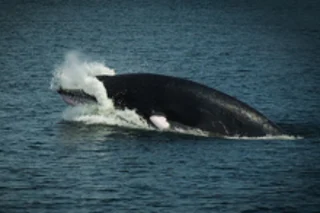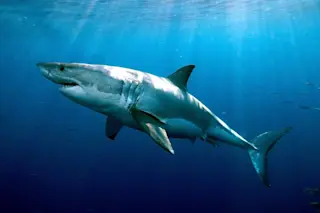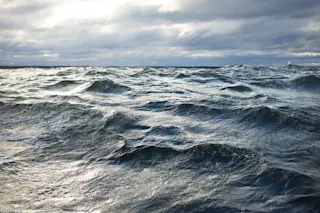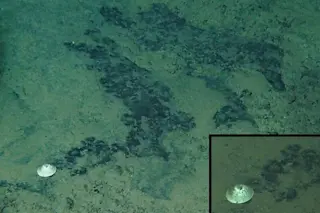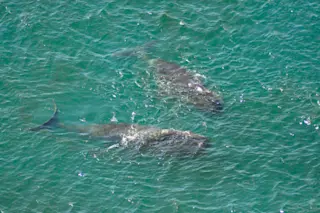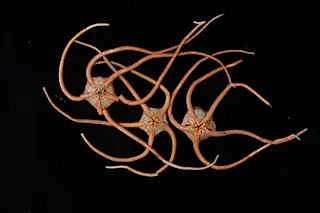As the International Whaling Commission wound down this week with no progress made on the stalemate between pro-whaling and anti-whaling nations, some experts are beginning to question the commission's central tool: the moratorium on commercial whaling established more than 20 years ago.Some experts wonder whether the ban is really protecting the world's whale populations. Japan's so-called "scientific whaling" program is a loophole in the ban, and the program is widely seen as a cover for commercial whaling.
Japan catches more than 1,000 whales a year, and most cetacean researchers argue that whale populations exist at only a fraction of their former abundance and are far from large enough to sustain commercial harvesting for meat or oil — or even the culling of some 1,000 whales a year for science. Australia, a party to the IWC, campaigned this year to end any "scientific whaling" that involves the deliberate killing of whales ...


